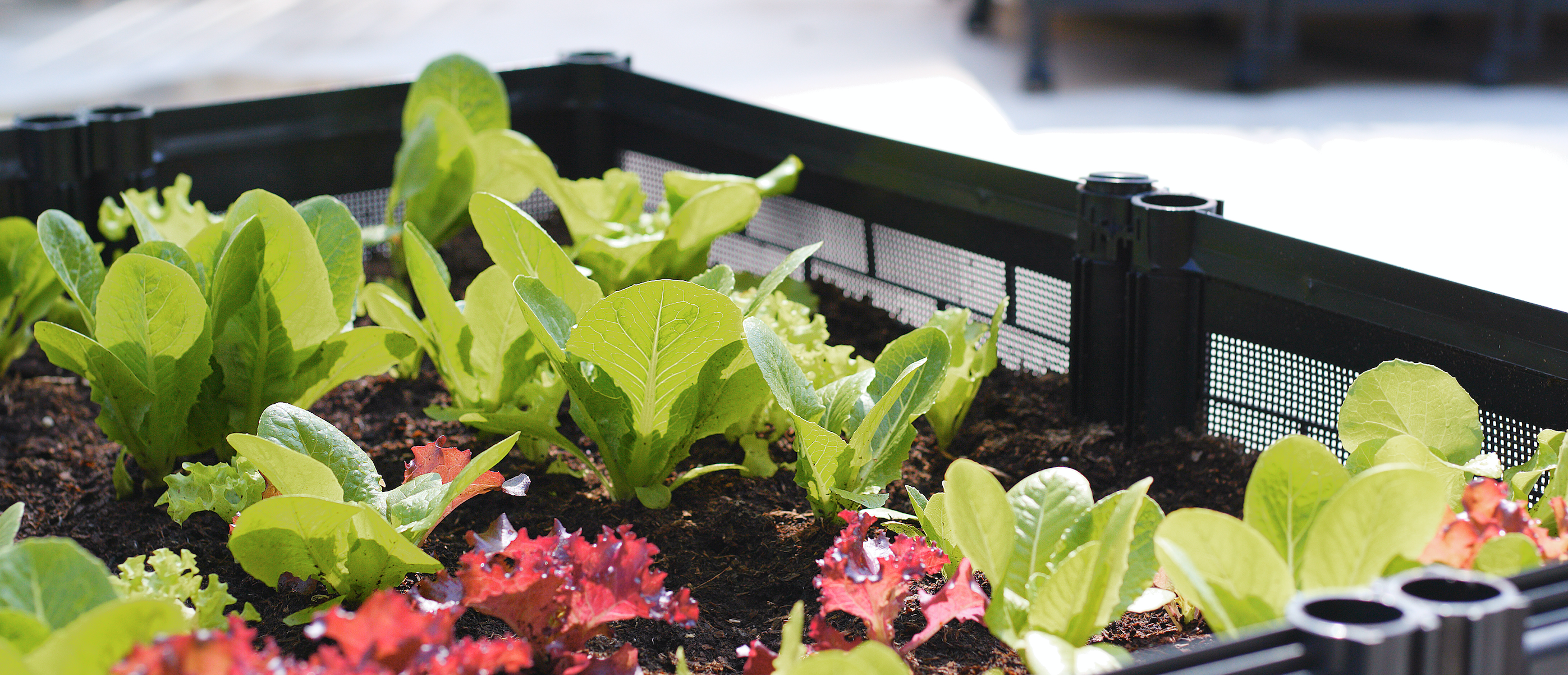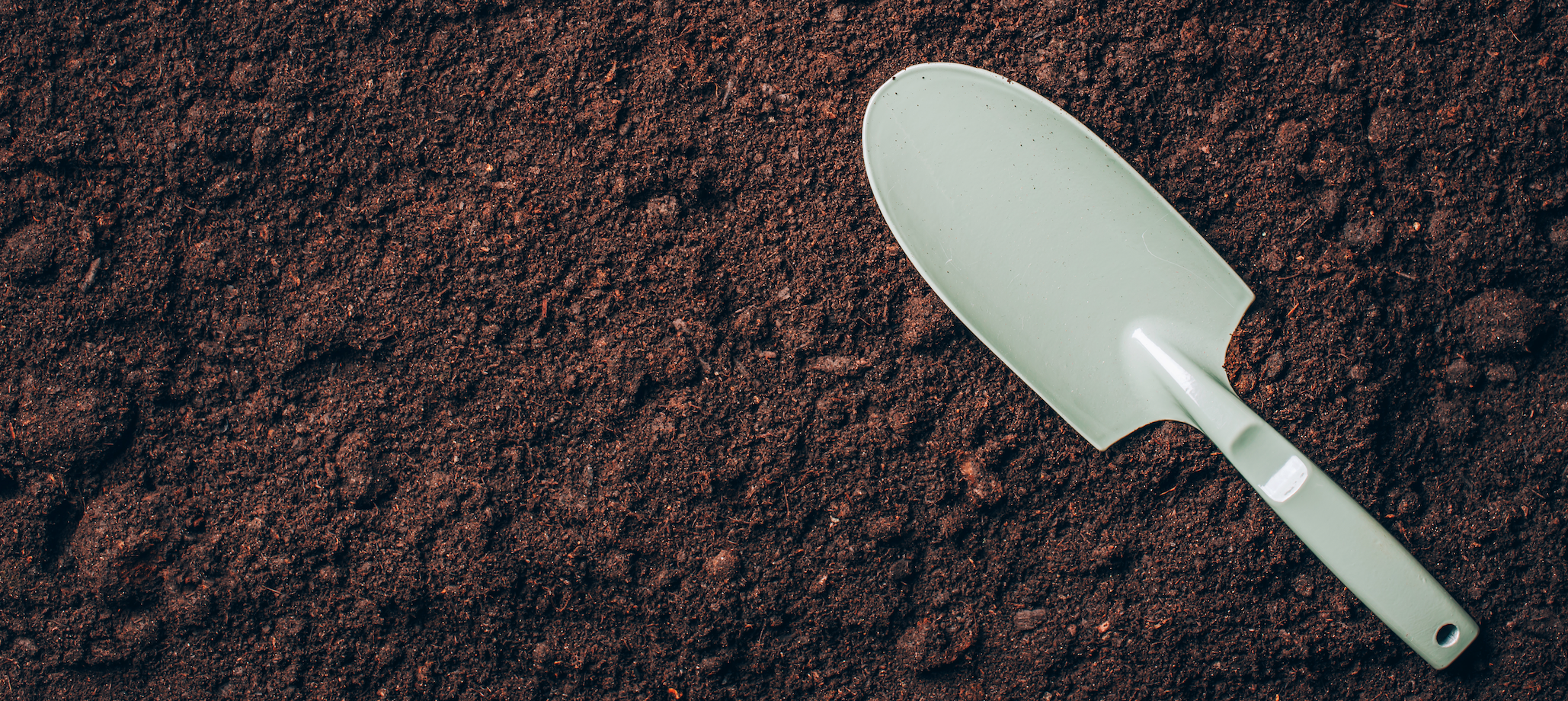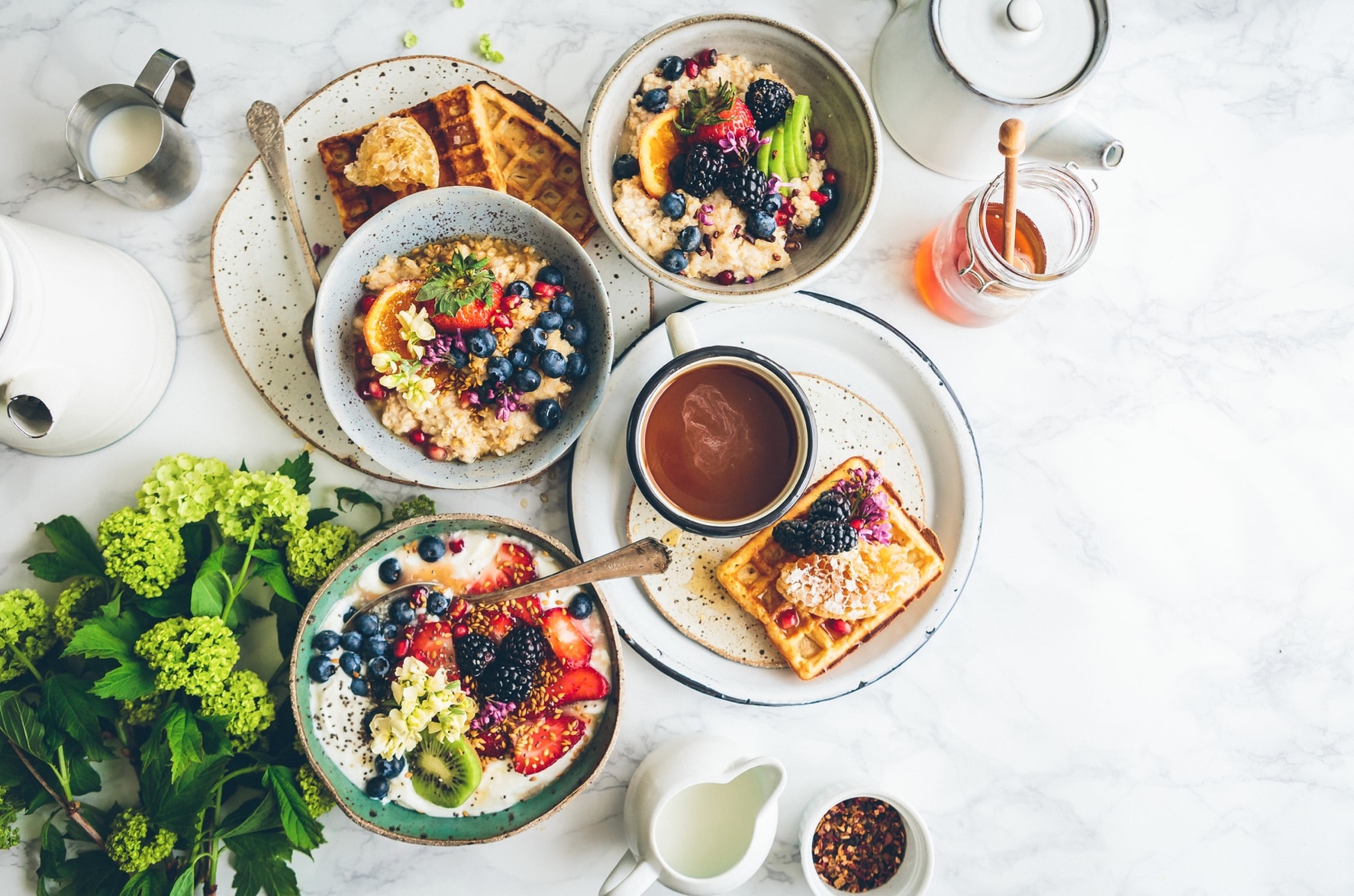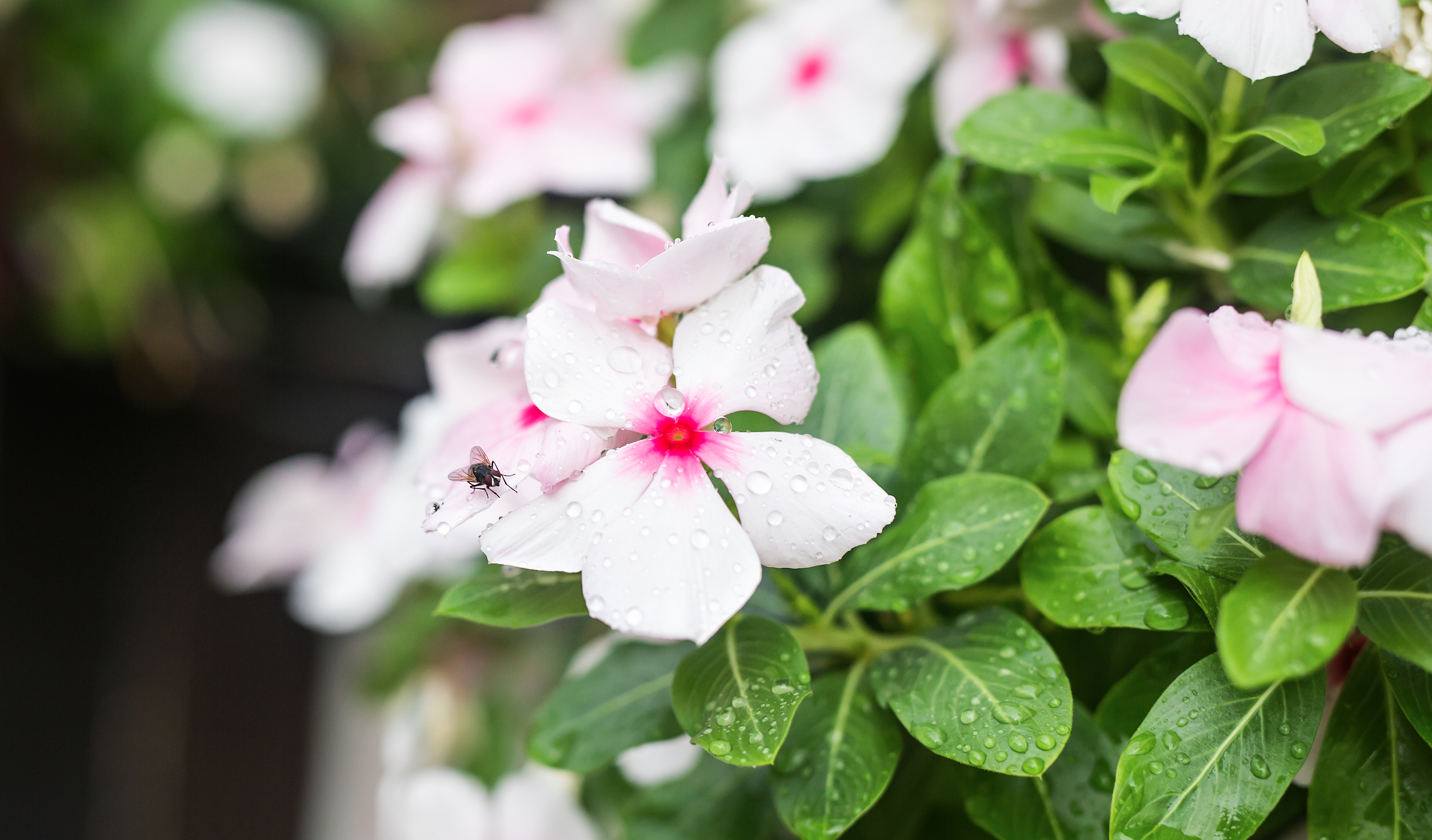What is urban farming? After decades of relying on corporate food producers and distributors, a new generation of urban farmers is taking control of their own food. Where food deserts once reigned with supermarkets and fast chains, these pioneers are creating oases of healthy, homegrown food.
When you think of sprawling gardens and farm-to-table eating, you probably imagine the countryside. But urban gardeners are determined to change your mind.
Rob Greenfield an urban farmer and forager managed to grow and forage 100 percent of his food for a single year. He shared his urban farming journey with more than 275,000 YouTube followers, giving us all practical steps we can follow in our own lives.
“I lived in the city of Orlando, Florida in a 100 square foot tiny house. With no land of my own I turned front yards into gardens and shared the bounty of food with the homeowners. Over the year I grew over 100 different foods in my gardens, foraged over 200 foods from nature and I even grew and foraged my own medicine and vitamins too.“
Rob Greenfield
Growing food in a city environment does present some unique challenges. It can be difficult to find available land, and many urban dwellers struggle to carve out the time and energy to care for small crops. However, the benefits of urban gardening can be immense.
Bringing Local Produce to Urban Spaces
Urban gardening gives an opportunity for people who never thought about where their food comes from to participate in growing it. This can result in many benefits, starting with saving considerable amounts of money. This hands-on access to food can also lead to better nutrition, as urban gardeners learn about the growing process and grow passionate about fresh vegetables.
What is urban farming? After decades a new generation of urban farmers is creating oases of healthy, homegrown food.
Leading the way in this movement are activists like Ron Finley. Finley is a longtime city dweller and designer who turned to urban gardening when he observed a need for affordable produce in his community. He dug up a strip of city land and planted vegetables there. It was illegal at the time, but he was able to get the city of Los Angeles to change the laws.
“Being a gardener, that’s gangster. Being educated, that’s gangster. Building your community, that’s gangster. people need to hear how urban gardening helps with the redesign in a multitude of ways. It’s not just about the food. It’s about people. Now you’re engaged in communities you’re bringing in pollinators, you’re bringing in bees, butterflies, and hummingbirds. You’re changing the ecosystem when you put in a garden.”
Ron Finley
All too often, access to fresh food is hard to come by for poor communities. Food deserts are the first domino in a long series of cause-and-effect events that result in health problems for poor people.
Meet Garden Marcus
Plants have many lessons to teach, and plant activists like Garden Marcus are determined to make plants accessible to more people.
On TikTok, his videos have blown up for their mixture of plant education and uplifting positivity.
If you don’t have TikTok, you can explore Marcus’ work in this YouTube collection of his TikTok work! The compilation was created for Choice Forward, an organization that offers workshops so more people can learn from his work.
“We cannot make anything grow, but we can foster an environment where growth is a byproduct of living.”
Mushroom Pioneer
William Padilla-Brown is passionate about setting an example that everyone can grow and benefit from mushrooms. “I was a city kid, I just played video games. My parents never really took me on hikes or went outside. So finding mushrooms to me was like a spiritual journey,” he said in an interview.
Today this self-taught “citizen-scientist” is one of the most respected mycologists in the world.
City dwellers deserve the opportunity to participate in growing their own food, and urban gardeners are helping bring about a shift in consciousness.
When Ron Finley says, “A lot of people are banding together and realizing ‘it’s not just about me’ … My wish is that this is a true shift, and that people go out and design the lives they want to live”, it makes sense to listen.









